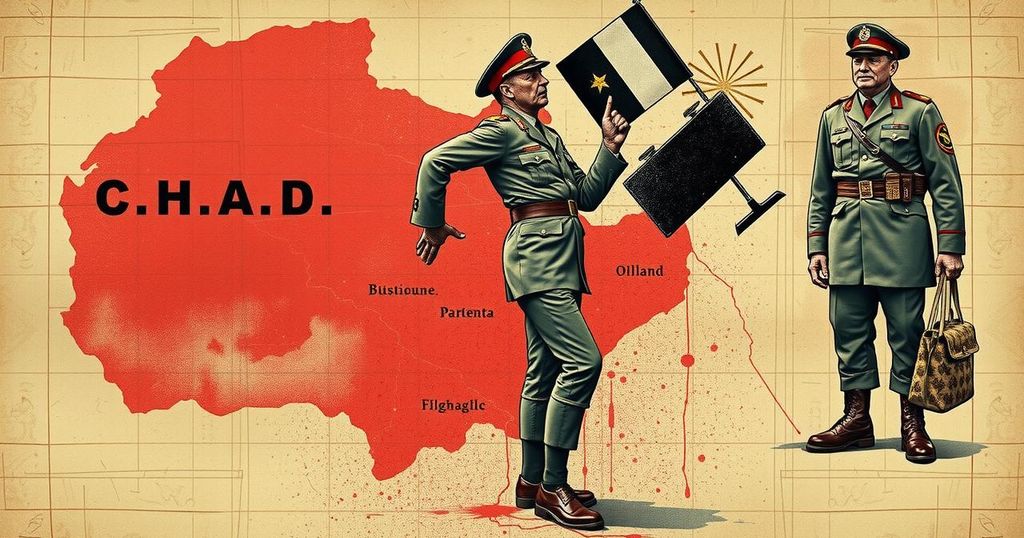Chad Holds Triple Elections Amid Opposition Boycott and Allegations of Fraud

Chad is conducting triple elections following three years of military rule, but opposition parties are boycotting, claiming electoral fraud. Despite government claims of a transition towards democracy, the political climate remains turbulent with allegations of ballot tampering and ongoing violence from jihadist groups.
Chad has initiated its long-awaited triple elections covering legislative, provincial, and local levels, marking a significant moment following three years of military governance. Although the elections are framed by the government as a critical juncture in the transition towards democracy, they are being largely boycotted by opposition figures, who contest their legitimacy after alleging the prior presidential election was rigged.
The legislation and provincial elections come after three years of rule by Marshal Mahamat Idriss Itno, who assumed office following the death of his father, Idriss Deby Itno, in 2021. Itno legitimized his rule through a disputed election last May, which the opposition condemned as fraudulent. In light of the political circumstances, opposition leader Succes Masra expressed a strong sentiment against participating in the elections, urging voters to remain at home and describing the electoral process as fundamentally flawed.
In recent allegations, the opposition Democratic Party of the Chadian People (PDPT) reported that over a thousand ballots intended for Bongor had mysteriously disappeared, underscoring their concerns regarding electoral integrity. The political environment is further complicated by ongoing violence from the Boko Haram insurgents in the Lake Chad region and an end to a military pact with France, previously Chad’s colonial power.
With approximately eight million voters registered, electoral officials will open polling stations from 6 a.m. to 6 p.m. Despite the government’s enthusiasm for this electoral event, dissatisfaction among the populace is palpable, as reflected in strikes by online journalists protesting government restrictions, which have led to a near news blackout surrounding the elections. The private press is also barred from covering the voting day due to the government’s withdrawal of customary subsidies for such events, further complicating the political landscape in Chad.
The political climate in Chad has been tumultuous following the death of long-time ruler Idriss Deby Itno in April 2021, which led to the rise of his son, Mahamat Idriss Itno, as head of a military junta. The current elections are portrayed by the transitional government as a significant step towards restoring democratic governance. However, the opposition rejects this narrative, citing widespread electoral fraud and the increasing authoritarianism of the regime. The backdrop also includes security concerns due to persistent jihadist threats and regional conflicts, further complicating Chad’s path toward democracy.
The ongoing triple elections in Chad represent a critical point in the country’s political trajectory after years of military rule. Despite official assertions of a democratic transition, the boycott by opposition parties and accusations of electoral fraud underscore profound discontent and skepticism within the populace. The situation is exacerbated by external violence and a restrictive media environment, raising questions about the legitimacy and future of Chad’s governance as the nation votes under these challenging circumstances.
Original Source: www.france24.com







